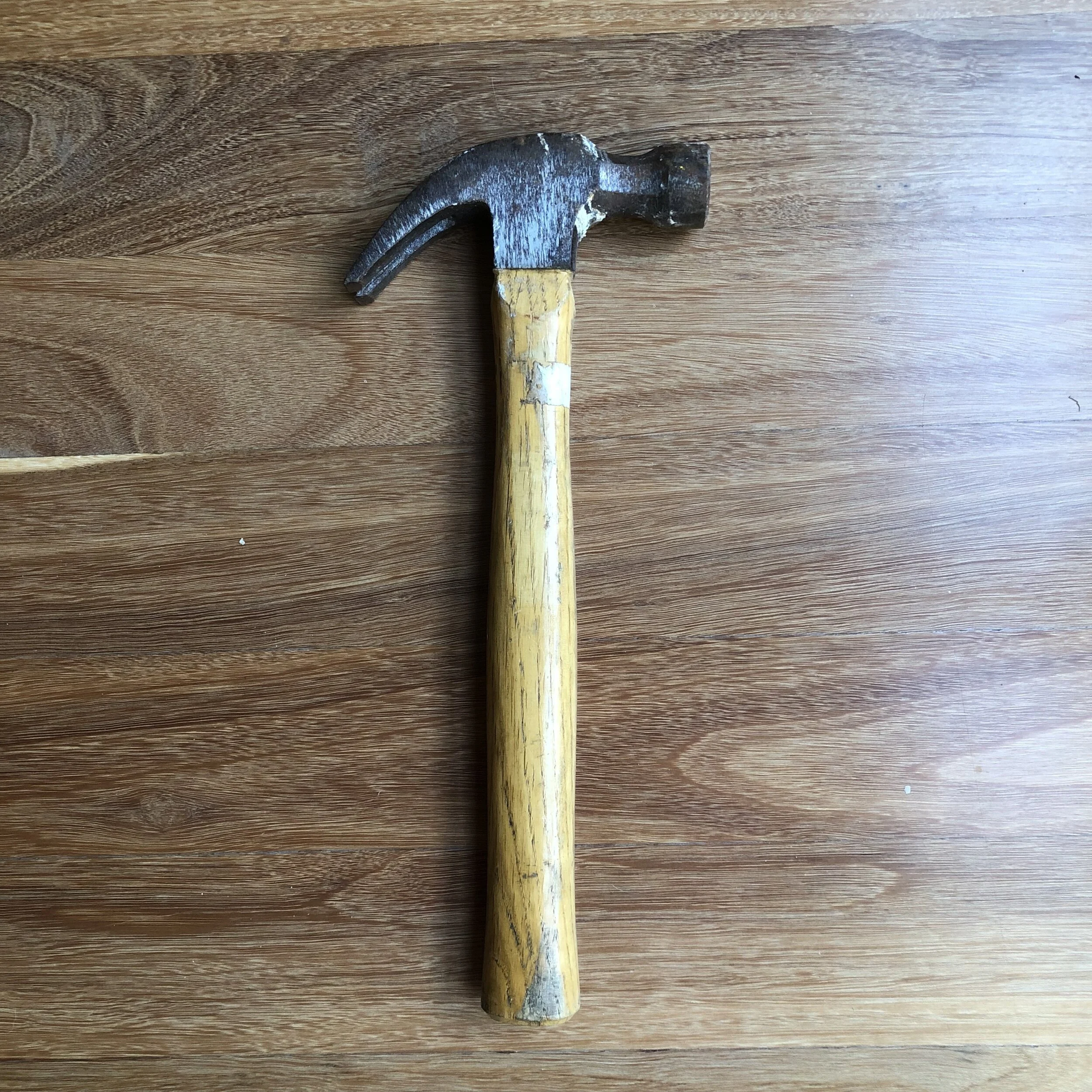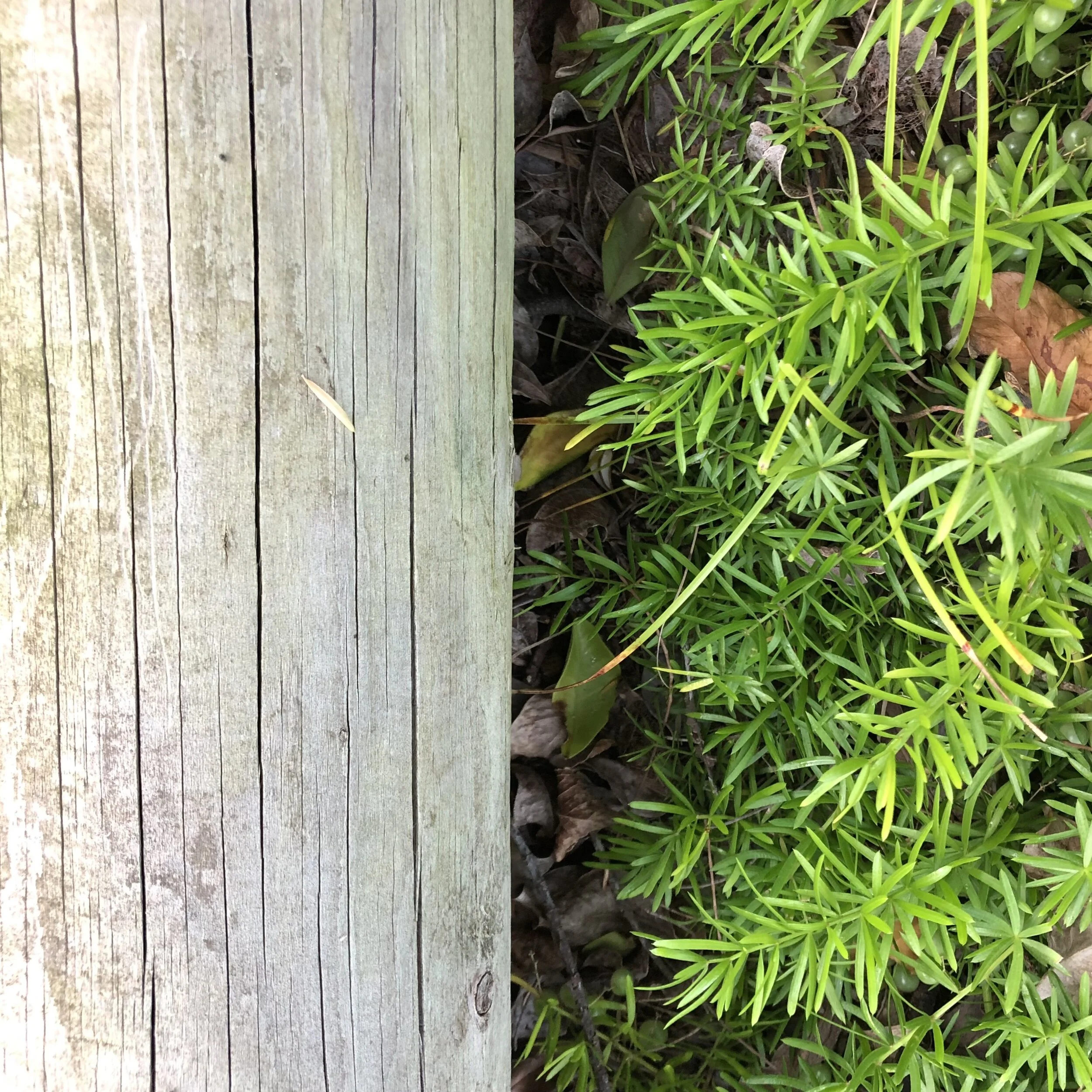It’s time to apply courage to your life. Learning and practicing courage is a truckload of work and there is no quick fix. It will take effort; but this effort will be worthwhile and it will get easier.
Read MoreIn this post, we look at stopping hurt and clearing the pool of unresolved strong negative emotions before a build up of sludge. The first link to break is the hurt.
First link: Hurt
Hurt leads to our sludge-pool of unresolved emotions deep inside. If there were less hurt in the world, there would be less unresolved emotions lurking inside. Much of life is competition: someone wins or loses, that’s why we love our sport. Winning feels good and losing hurts, but it’s an OK lesson. Here we’re talking about deeper hurts: harsh dads, abuse, broken relationships, failures.
Read MoreThe science of neuroplasticity is relatively young. How do you change your beliefs with neuroplasticity? Belief-Change using neuroplasticity works particularly well for self-opinions. I work with people often to help them change self-opinions using neuroplasticity. In this method, you change beliefs by treating them like thoughts, and using neuroplasticity techniques to change them. Here’s one simple method of applying neuroplasticity to belief-change in subjective self-evaluations. It’s in three steps
[i] See his books The Brain that Changes Itself and The Brain’s Way of Healing.
Read MoreBelief-change is difficult yet very important for many of us to overcome self-defeating beliefs. We begin with the the most reliable, the most obvious and the easiest to apply: Using Knowledge and Doubt. Knowledge is power, it changes belief and emotional reactions. Doubt is a useful emotion to counter the natural overconfidence we all have.
Here’s my four-step method to use knowledge and doubt to change useless beliefs:
Read MoreSome philosophers had particular insight into belief, like philosopher David Hume. His ideas on belief and philosophy resonate nicely with modern psychology. To change belief, he argued, we need to understand how Reason, Emotions, Will and Sympathy with other people work to sustain belief. Modern research shows he was onto something.
Beliefs are the brain’s self-made “maps” to quickly negotiate an environment or a new person. The brain is quick to form beliefs. Take meeting someone new. The brain quickly wants to know Friend or foe? Killer or healer? Useful or annoying? Easy-going or uptight? To help navigate (handle) the new person, it subjectively forms “first impressions” based on existing beliefs, previous experiences, and emotions. This first impression won’t be accurate or objective, but it’ll be fast and useful. Here’s how the brain uses the three Beliefs-Types:
Read MoreWelcome to the world of your opinions.
We’re all entitled to our own opinions.
Nobody is entitled to their own facts.
We can hold opinions regarding ideas (political, artistic, social, popular and more) and other people and we can also hold opinions regarding ourselves. But…they are all subjective and may be far removed from reality.
Read MoreAs a psychiatrist, I consider how a person’s belief in faith is helpful to their mental health and recovery. I don’t influence anyone’s faith. Belief in faith is highly individual and is greatly influenced by family and culture. The words “belief” and “faith” steer our minds towards population-level religious matters:
Does an after-life exist?
What should we believe in this country?
How can we better tolerate differing faith systems in society?
Read MoreWe live in an age that questions objective truth, and even in science, statements may be believed or not. In belief in science, things are accepted as facts if they are true by definition, supported by strong evidence or enough scientists are satisfied that they reflect reality:
5 + 5 = 10.
King Henry VIII reigned as monarch from 1509 to 1547.
Still. Can we ever be 100% certain?
Read MoreUnderstanding how belief works in the brain is a relatively new area. What are beliefs? Knowing and questioning your beliefs is good for you; it’s part of preventative mental health. Many people have problem beliefs, particularly about themselves:
I’m no good
I’ll never get anywhere
I’m a bad person who deserves to go to hell.
Based on science, we can change belief, What are beliefs?
Read MoreStop the world I want to get off! I don’t want all this conflict! I don’t want all these value clashes! How do I handle it?
Read MoreNow that we’re together, how do we handle your parents’ values, my parents’ values, and what we want to value?
Read MoreLook, I love you sis, you’re my big sister, but I want to live my life my way. Can’t we still get on?
Read MoreI thought you were my friend until ... we got to know each other better and our values clashed. But I don’t want to lose our friendship. Help.
Read MoreI’m an adult and free of my parents’ values, right? But I still want to get on with them. Help.
Read MoreSure I love you, but why is living together so difficult? Why do our values clash? I want to handle it to move past this! (Me too.)
Read MoreWe hate conflict, yet our values clash. What’s the best way to negotiate it? In this, the first in a series of eight posts exploring value clashes, we begin to understand values and to work through the clashes with our fellow humans.
Read MoreIt’s all well and good to live from your own values, but what do you do if your values clash with someone else’s? As with personalities, cultures, and beliefs, values can be in harmony or can be dissonant. Clash. It’s natural for people of the same family, community, country or group to share certain values, but, hey, we live in a world of diversity and that means diverse values and clashes.
Read More
















